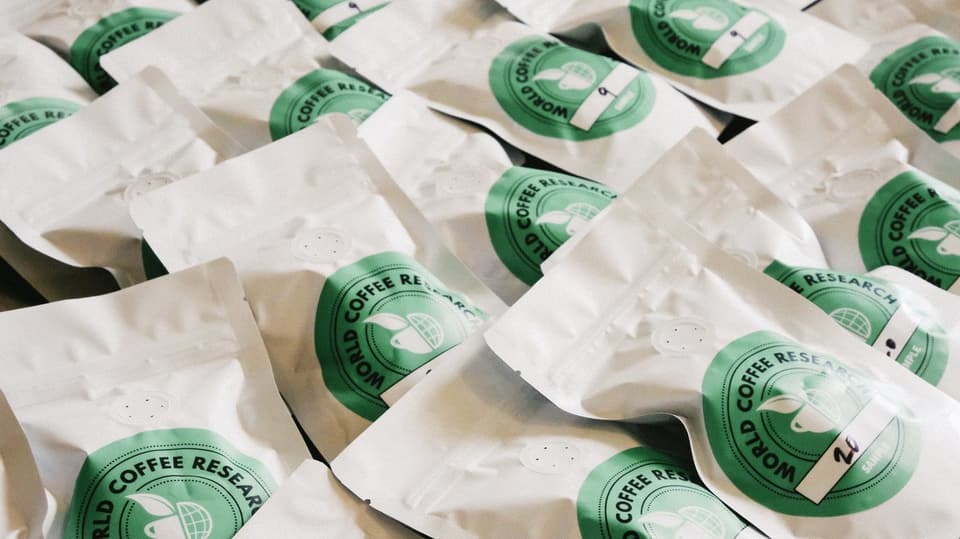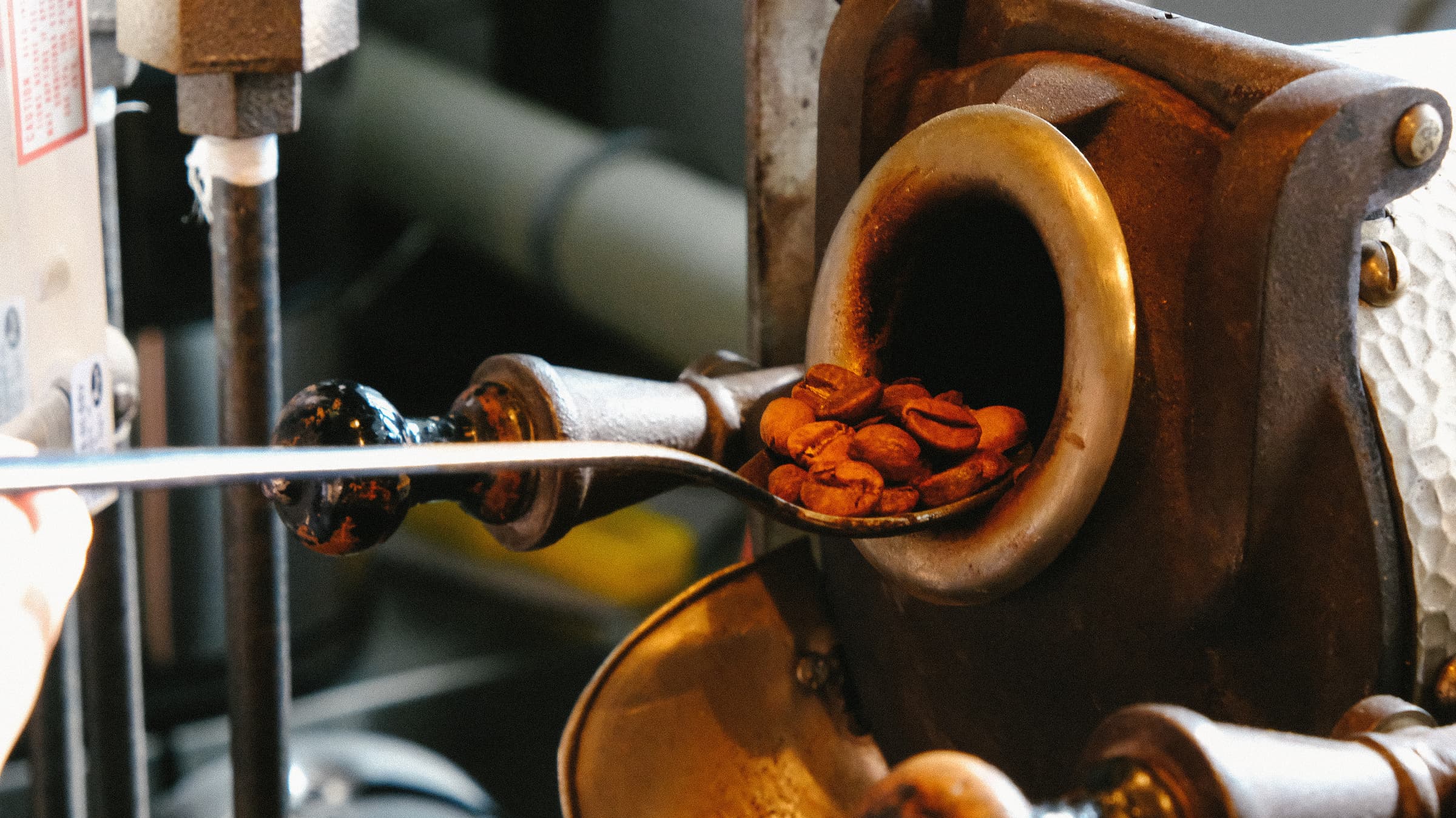Quality trials
The problem
To preserve origin diversity in the face of climate change new varieties are necessary, but they must be substantially better than older varieties for farmers and roasters to want them. Varieties need to be better not only in the field, but also in the cup.
However, most coffee breeding programs have little connectivity with the coffee industry; as such, breeding programs have not traditionally incorporated feedback from roasters and traders into breeding and selection parameters when they are introducing new varieties. (A “new” variety for farmers could be one that is commercially available in some countries but has not until now been available in the farmers’ country; or it could be an entirely new variety developed recently by breeders.) Additionally, there isn’t today a standard approach for breeders to use to evaluate the potential cup quality of new varieties and to measure how they perform in different environments.
The solution
WCR acts as a bridge between industry market demand and national research programs. WCR’s network of global member companies (composed of coffee roasters and retailers, exporters/traders, and allied manufacturers in over two dozen countries) provide quality feedback on both existing and new varieties. Materials evaluated come from both WCR trial sites as well as national breeding programs seeking industry feedback on candidate varieties in their breeding pipelines.
WCR is also engaged in collaborative research to explore whether there are correlations between cupping scores, market demand, specific flavors/aromas, economic value of coffee, and bean chemistry/metabolomics. This exploratory research is seeking more efficient ways to evaluate or predict the cup quality potential of new variety candidates (e.g., breeding materials).
Examples of recent cupping trials
- In 2021 and 2022, 132 cuppers from 94 companies in 28 countries tasted 145 coffee samples from around the world—part of a large experiment to determine if it's possible to predict cupping scores using laboratory tests. The experiment is exploring the possibilities for "high throughput" (e.g., high volume, low cost) methods to screen new varieties for cup quality in breeding programs.
- In 2021 and 2022, roasters from 25 and 29 respective companies in 11 countries evaluated varieties in an international “genetics x environment” experiment. In 2023, cuppers from 23 companies participated. Cuppers tasted the same 10 varieties being grown in seven different agroecological environments (part of the International Multilocation Variety Trial). The purpose of the trial is to understand the impact of genetics and environmental conditions on the stability of cup quality, and to identify potential new locations in which to grow high-quality varieties.
- Between 2019 and 2022, 72 coffee companies from 15 countries cupped new F1 hybrid variety candidates being trialed for possible commercial release. The feedback from cuppers was combined with field performance data and used to narrow down the field of candidates from 46 to four finalists for possible adavancement to pre-commercial trials.
- In 2021, cuppers from 20 companies cupped wild arabica coffee accessions from the WCR-CATIE Core Collection. This feedback helps us build our knowledge of the potential of these accessions for use in future breeding.
The impact
This approach—linking coffee roasters and buyers with national research programs—enables coffee companies to meaningfully participate in shaping the future of coffee flavor and quality while also ensuring that national research programs understand market demand. Roaster feedback helps coffee research programs understand the quality potential of existing and new varieties, supports countries to pursue access to high quality varieties for farmers in their countries, and—perhaps most importantly—helps breeders to make quality improvement a primary, accessible target of breeding programs.

